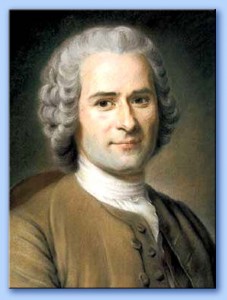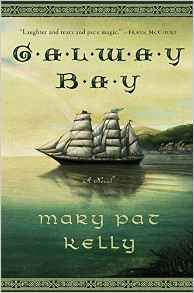“The discipline of desire is the background of character.” John Locke
How do we maintain a free society? Is it bred in the bone, or is it up for grabs?
Having just finished reading Jane Mayer’s Dark Money, my eyes have been opened. It is not as if I did not know about the undue influence of special interests in government; everyone is aware of this fact. The term “special interests,” is vague, and if you cannot put a face to something, it is hard to imagine. Television advertising paid for by groups with names that sound good, Americans for this, that, or the other thing, makes a person think that these organizations are comprised of a group of individuals who came together to help solve problems. What we are not aware of is from whom the funding comes. Likewise, we don’t always know to what ends. Like most people, I err on the side of a general belief that people are inherently good. This line of thinking is the product of a Swiss- born French philosopher who influenced Thomas Jefferson, Jean-Jacques Rousseau. (1712-1778)

“Man is born free, and everywhere he is in chains.”
Hobbes, on the other hand, described life as, “solitary, nasty, brutish and short.” Having witnessed the English Civil War, his outlook was both Calvinistic and pessimistic.
John Locke, the other great influence, wrote in Two Treatise of Government, “We are like chameleons. We take our hue and the color of our moral character from those around us.”
I am not blind to the fact self-interest drives most decisions. When Jane Mayer described the heart of the ideology of the far right, she expressed the beliefs of some that there should be no limit as to what people can acquire and keep. Many would say that is what made America. Ronald Regan, running for President in 1980 asked, “What is wrong with letting people keep their own money?” It is a good question. It seems like every democracy has been in this argument forever. Remember the heated exchanges between Archie Bunker and the Meathead we laughed at on All in the Family? We all have friends who are on opposite sides, and the day we can no longer have these lively debates would be a very sad day indeed. It is completely understandable that if you amassed a great fortune, you would naturally feel you had something significant to contribute to the discourse. You would also feel that you lived in a great country that made it all possible, and that you wouldn’t want anything to change. You would want to find politicians who would do your bidding when you came up against roadblocks. You would pick up the phone and demand action. You may even believe that you do not have any responsibility to your fellow man. You may feel as John Locke stated that the only purpose of government is the defense of property. You may choose to devote considerable time and resources to furthering these views. Would that constitute undue influence, or would it be contributing to the discourse? That is that is the question.
There is, however, one flaw in this thinking. Hammered into my head in my teens, by the Headmistress of my school was this universal truth from the Bible: “To whom much has been given, much will be required.” Fans of Downton Abbey will remember that it was played out in nearly every episode. Nobless Oblige. If fortune has smiled on you, it is your duty to make your life about good works. One can see philanthropy everywhere, and one can point to all the generosity displayed by the wealthy. Some feel there should be no taxes at all, and if let alone, people would naturally give aid where it is needed. The only flaw I see in that philosophy is that it is too willy-nilly. It is not organized. When George H. W. Bush referred to “a thousand points of light,” in a speech written for him by Peggy Noonan, it sounded well and good. A little here and a little there does not build roads and bridges. So we aught to question the belief that we would be better off without any government at all. Too much would not be good either because I still believe that I was born free.
Out here on Windy Bay, in the beautiful state of Idaho, watching the great birds return from the south, I see that life is primarily about nest building and fishing. Maybe I can take my “hue and color” from them.





